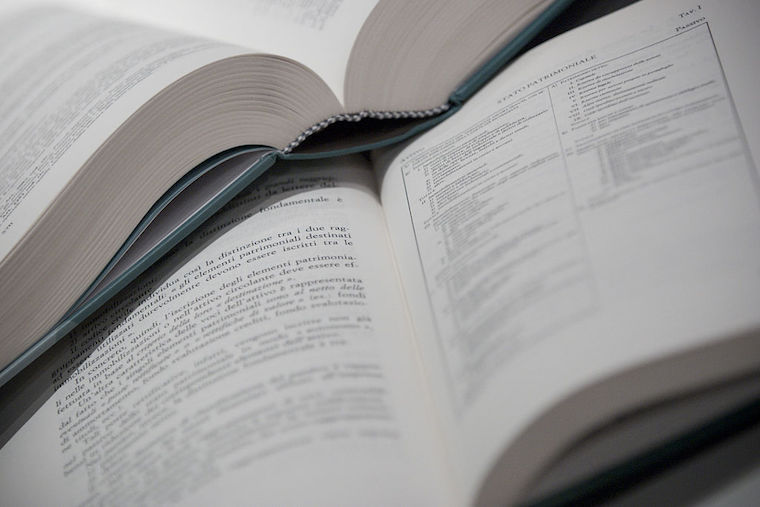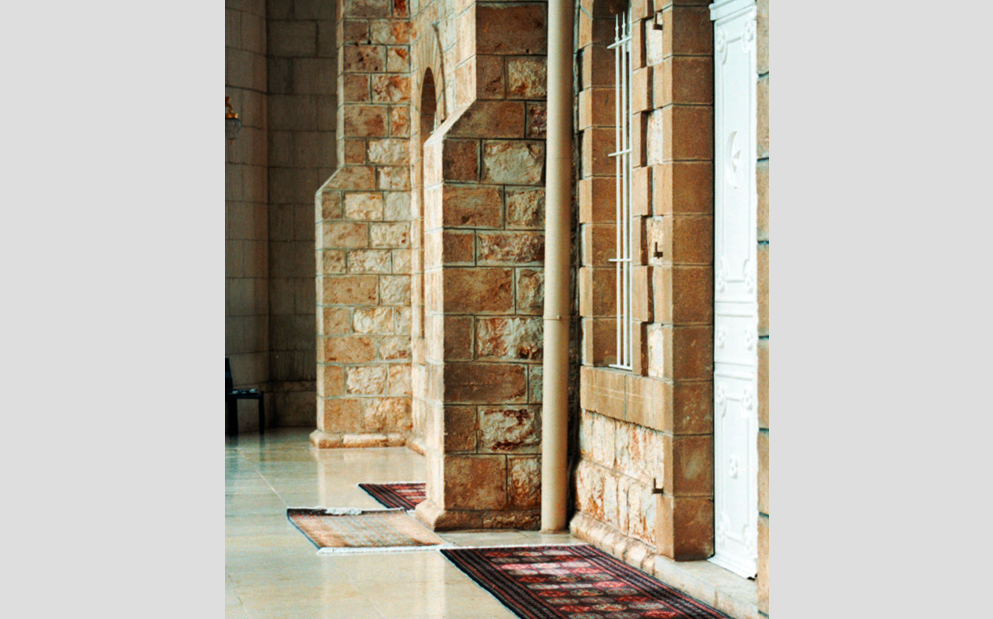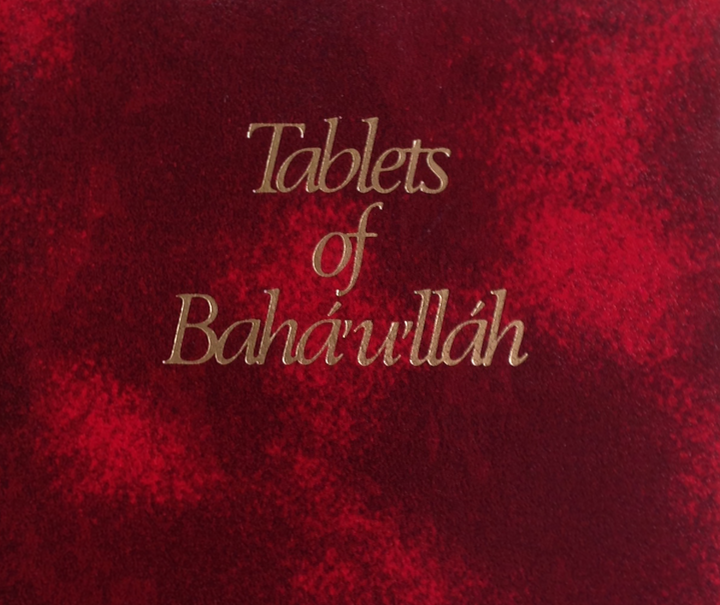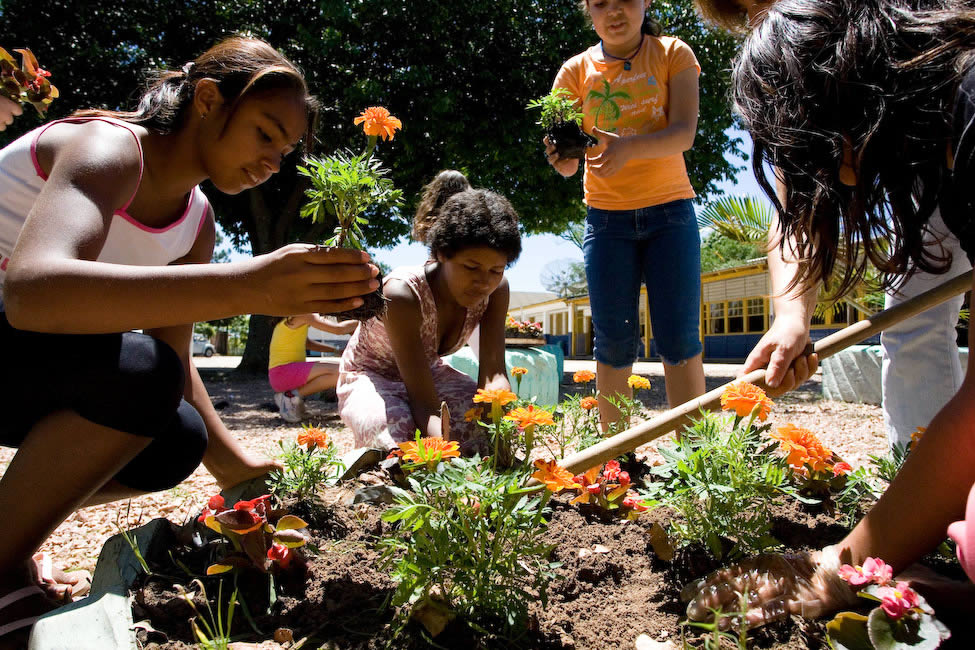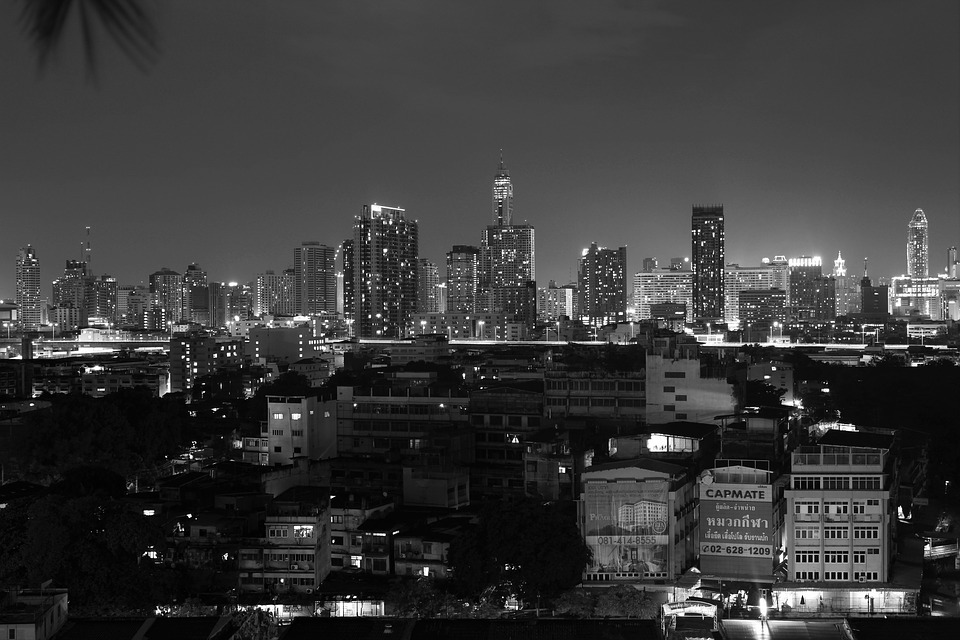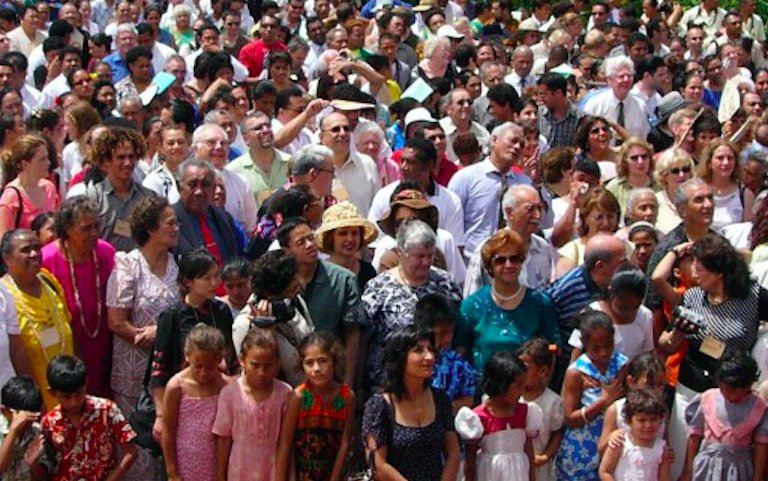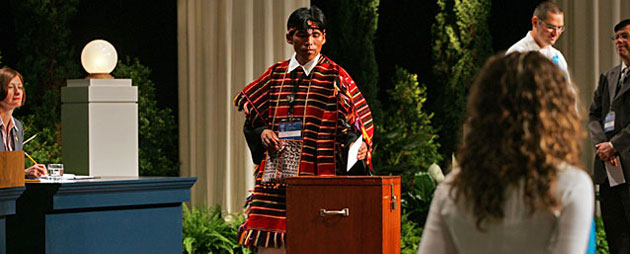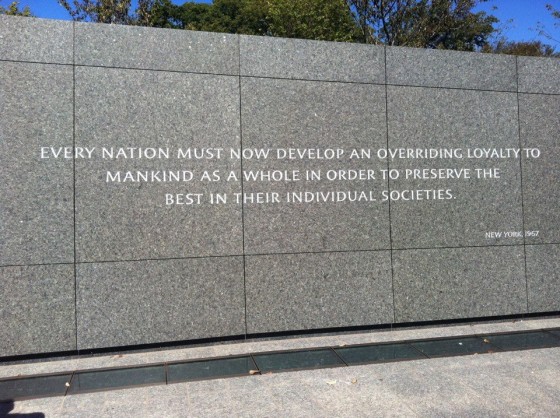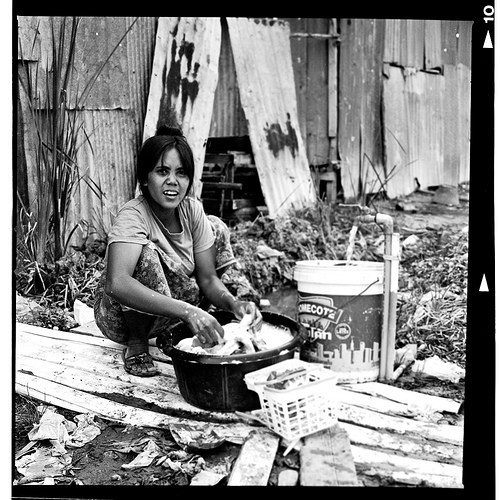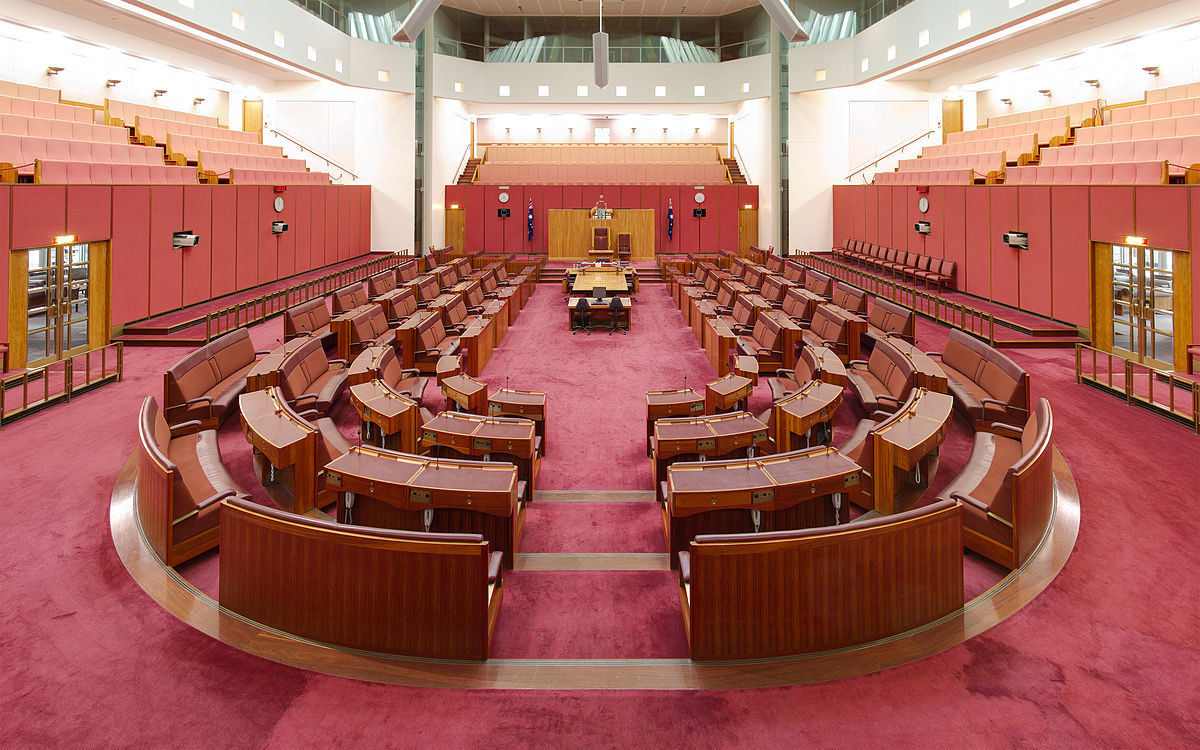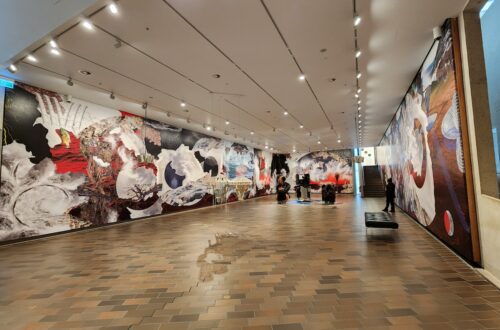-
Three Protagonists Generating the Future: Individual, Community and Institutions
The title to this article draws on a concept described in letters of the Universal House of Justice to the Baha’i community – that there are three protagonists (three actors): individual, community and institutions; from whose interactions the future emerges. In the previous three articles we have examined Bahá’u’lláh’s reforms to religious institutions, the kind of community life the Baha’i community is working to foster and the role of the individual. Working towards a new relationship between these three actors is connected with Bahá’u’lláh’s vision both of the time in which we live (the era of human maturity) and his vision of the oneness of humanity. The increasing difficulty in…
-
An Empowering and Supportive Community Life
In previous articles we have looked at how Baha’u’llah reforms religious institutions as consultative institutions with a duty to foster human well-being. We have also seen how the individual is framed by Baha’u’llah as an active citizen who is a partner in fostering human well-being. How then does community life change? Sometimes religious community life is viewed as being judgemental, oppressive and divisive. And while such patterns can be observed from time to time they aren’t inherent in the core essence of religious teachings. And they are incoherent with Baha’u’llah’s vision and rare in Baha’i experience. But even absence of these negatives is not sufficient. Thus writing in 2010, the Universal House of Justice presents…
-
Oneness of Humanity: A Sense of Community and a Glass of Water — the Baha’i Feast
In Bahá’u’lláh’s teachings, the oneness of humanity is nurtured through an interconnected network of concepts that address human unity at many levels. Among those concepts is the simple action of gathering together. The concept is found in the call of followers of different religions to associate together in friendship. It is also found in the Baha’i Feast. … it is enjoined upon you to offer a feast, once in every month, though only water be served; for God hath purposed to bind hearts together, albeit through both earthly and heavenly means.[1] This concept has been elaborated over time to form the Baha’i institution known as the Nineteen Day Feast, held…
-
The Duty of Kindness and Sympathy Towards Strangers and Foreigners
It is hardest to write of those things about which we feel most deeply. Today I wish to write about someone whose words and life have profoundly influenced and inspired me. That person is Abdu’l Baha: the son of the founder of the Baha’i Faith and its leader from 1892 to 1921. I wish to address particularly what Abdu’l Baha had to say about the issue of ‘foreignness’. One hundred years ago, on 16 and 17 October 1911, he gave his first recorded talk to the people of Paris. The theme of his talk was “the duty of kindness and sympathy towards strangers and foreigners”. What did Abdu’l Baha see…
-
Will the real foreigners please stand up?
Either we all stand up or none of us do. Recently I read comments on the BBC page on Open Borders. One Mark Krikorian of the Center for Immigration Studies expresses this view. Borders are essential to nationhood. They are the line between “us” and “them”. Without ‘them’ there can be no ‘us’, precluding the possibility of social solidarity. Scary isn’t it? If we let those foreigners in we’ll be in real trouble.

